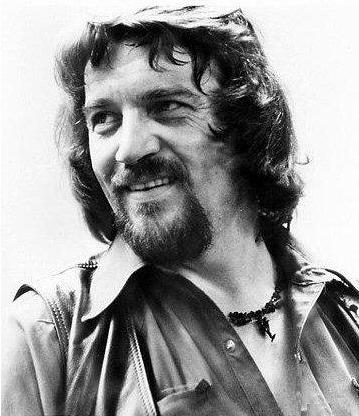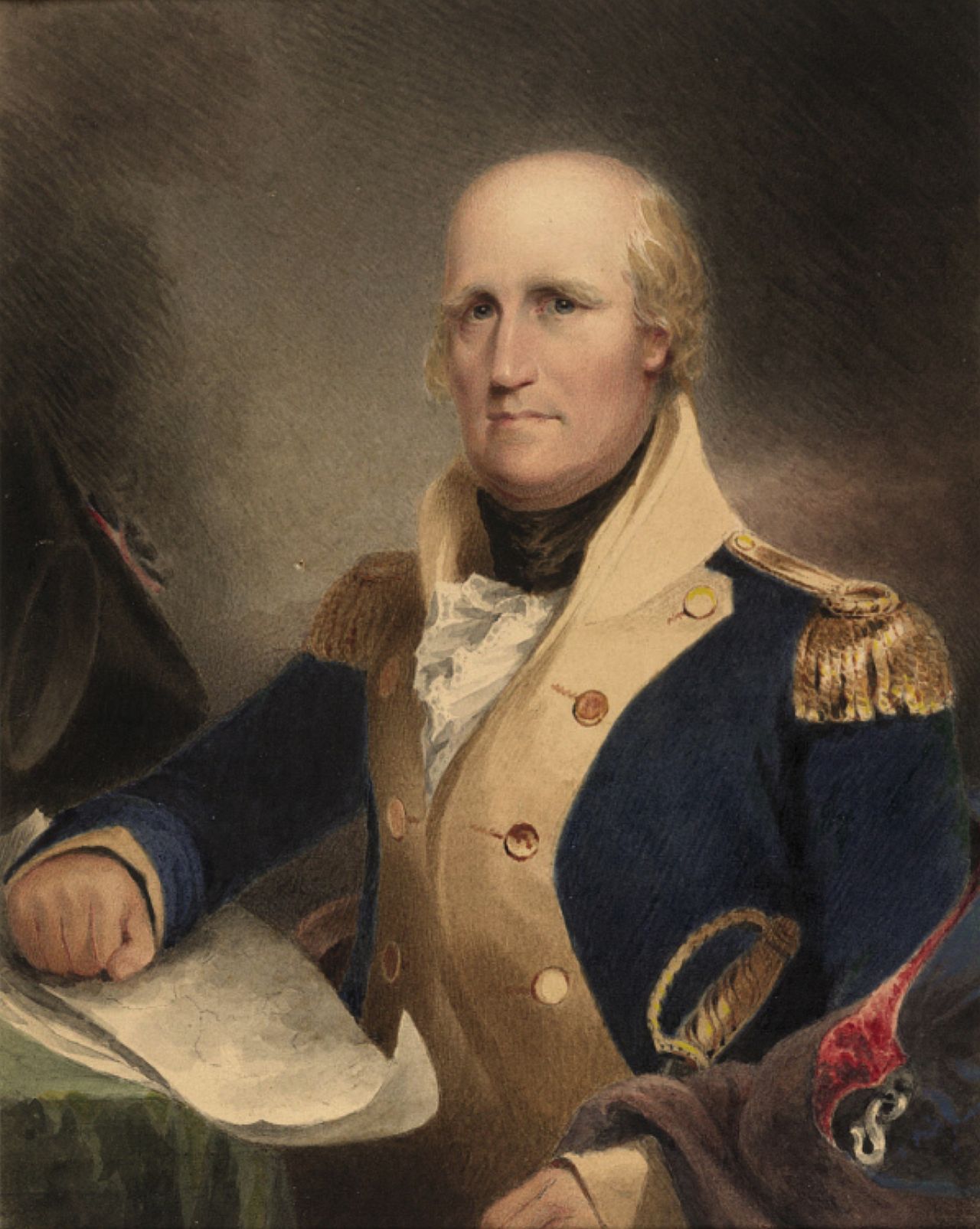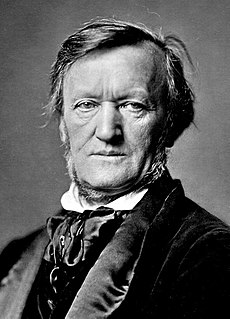February 13 is the 44th day of the year in the Gregorian calendar. There are 321 days remaining until the end of the year (322 in leap years).
Holidays
- Children’s Day (Myanmar)
- Christian feast day:
- World Radio Day (international)
History
In 951, Guo Wei, a court official, leads a military coup and declares himself emperor of the new Later Zhou.
In 962, Emperor Otto I and Pope John XII co-sign the Diploma Ottonianum, recognizing John as ruler of Rome.
In 1322, The central tower of Ely Cathedral falls on the night of 12th-13th.
In 1462, The Treaty of Westminster is finalised between Edward IV of England and the Scottish Lord of the Isles.
In 1503, Disfida di Barletta – tournament between 13 Italian and 13 French knights near Barletta.
In 1542, Catherine Howard, the fifth wife of Henry VIII of England, is executed for adultery. Also executed, after the young Catherine was Jane Boleyn, Viscountess Rochford and English assistant to Catherine Howard (b. 1505). Jane was also a sister-in-law of King Henry VIII of England. She was the wife of George Boleyn, Viscount Rochford, brother of Henry’s second wife, Anne Boleyn. As a widow, Lady Rochford served as lady-in-waiting to her cousin-in-law, Henry’s fifth wife, Catherine Howard, with whom she was executed. Born Jane Parker, she was the daughter of Henry Parker, 10th Baron Morley, and Alice St John, the eldest daughter of Sir John St John (1426–1488) and wife Alice Bradshaigh, and granddaughter of Sir Oliver St John and wife Margaret Beauchamp of Bletso. Jane was a half second cousin of King Henry VIII. She was born in Norfolk, England, around the year 1505, and her family were wealthy, well-connected, politically active and respected members of the English upper classes. Her father was an intellectual, with a great interest in culture and education. She was sent to Court in her early teens, certainly before her fifteenth birthday, where she joined the household of King Henry VIII‘s wife, Catherine of Aragon. She is recorded as having accompanied the royal party on the famous state visit to France in 1520, which was known as “The Field of the Cloth of Gold“.
In 1572, Elizabeth I of England issues a proclamation which revokes all commissions on account of the frauds which they had fostered.
In 1575, Henry III of France is crowned at Rheims and marries Louise de Lorraine-Vaudémont on the same day.
In 1633, Galileo Galilei arrives in Rome for his trial before the Inquisition.
In 1660, With the death of Swedish King Charles X Gustav, the Swedish government begins to seek peace with Sweden’s enemies in the Second Northern War – something that Charles had refused. As his son and successor on the throne, Charles XI, is only four years old, a regency rules Sweden until 1672.
In 1668, Spain recognizes Portugal as an independent nation.
In 1689, William and Mary are proclaimed co-rulers of England.
In 1692, Massacre of Glencoe: About 78 Macdonalds at Glen Coe, Scotland are killed early in the morning for not promptly pledging allegiance to the new king, William of Orange.
In 1739, Battle of Karnal: The army of Iranian ruler Nadir Shah defeats the forces of the Mughal emperor of India, Muhammad Shah.
In 1818, George Rogers Clark, American general (b. 1752) died of a stroke. He was a soldier from Virginia and the highest ranking American military officer on the northwestern frontier during the American Revolutionary War. He served as leader of the Kentucky (then part of Virginia) militia throughout much of the war. Clark is best known for his celebrated captures of Kaskaskia (1778) and Vincennes (1779), which greatly weakened British influence in the Northwest Territory. Because the British ceded the entire Northwest Territory to the United States in the 1783 Treaty of Paris, Clark has often been hailed as the “Conqueror of the Old Northwest.” Clark’s military achievements all came before his 30th birthday. Afterwards he led militia in the opening engagements of the Northwest Indian War, but was accused of being drunk on duty. Despite his demand for a formal investigation into the accusations, he was disgraced and forced to resign. He left Kentucky to live on the Indiana frontier. Never fully reimbursed by Virginia for his wartime expenditures, Clark spent the final decades of his life evading creditors, and living in increasing poverty and obscurity. He was involved in two failed conspiracies to open the Spanish-controlled Mississippi River to American traffic. After suffering a stroke and losing his leg, Clark was aided in his final years by family members, including his younger brother William, one of the leaders of the Lewis and Clark Expedition. Clark died of a stroke on February 13, 1818.
In 1849, The delegation headed by Metropolitan bishop Andrei Şaguna hands out to the Emperor Franz Joseph I of Austria the General Petition of Romanian leaders in Transylvania, Banat and Bukovina, which demands that the Romanian nation be recognized.
In 1861, In Gaeta the capitulation of the fortress decreeing the end of the Kingdom of the Two Sicilies is signed.
In 1867, Work begins on the covering of the Zenne, burying Brussels‘s primary river and creating the modern central boulevards.
In 1880, Thomas Edison observes the Edison effect.
In 1881, The feminist newspaper La Citoyenne is first published in Paris by the activist Hubertine Auclert.
In 1883, Richard Wagner, German director and composer (b. 1813) dies. was a German composer, theatre director, polemicist, and conductor who is primarily known for his operas (or, as some of his later works were later known, “music dramas”). Unlike most opera composers, Wagner wrote both the libretto and the music for each of his stage works. Initially establishing his reputation as a composer of works in the romantic vein of Weber and Meyerbeer, Wagner revolutionised opera through his concept of the Gesamtkunstwerk (“total work of art”), by which he sought to synthesise the poetic, visual, musical and dramatic arts, with music subsidiary to drama, and which was announced in a series of essays between 1849 and 1852. Wagner realised these ideas most fully in the first half of the four-opera cycle Der Ring des Nibelungen (The Ring of the Nibelung). His compositions, particularly those of his later period, are notable for their complex textures, rich harmonies and orchestration, and the elaborate use of leitmotifs—musical phrases associated with individual characters, places, ideas or plot elements. His advances in musical language, such as extreme chromaticism and quickly shifting tonal centres, greatly influenced the development of classical music. His Tristan und Isolde is sometimes described as marking the start of modern music.

In 1891, John L. Wisdom, who was President of the Jackson Suburban Street Railway Company, reported that the company had six miles of track, thirty heads of stock (mules) and nine cars on February 13th 1891.
In 1914, Copyright: In New York City the American Society of Composers, Authors and Publishers is established to protect the copyrighted musical compositions of its members.
In 1920, The Negro National League is formed.
In 1931, New Delhi becomes the capital of India.
In 1934, The Soviet steamship Cheliuskin sinks in the Arctic Ocean.
In 1935, A jury in Flemington, New Jersey finds Bruno Hauptmann guilty of the 1932 kidnapping and murder of the Lindbergh baby, the son of Charles Lindbergh.
In 1945, World War II: The siege of Budapest concludes with the unconditional surrender of German and Hungarian forces to the Red Army.
In 1945, World War II: Royal Air Force bombers are dispatched to Dresden, Germany to attack the city with a massive aerial bombardment.
In 1951, Korean War: Battle of Chipyong-ni, which represented the “high-water mark” of the Chinese incursion into South Korea, commences.
In 1954, Frank Selvy becomes the only NCAA Division I basketball player ever to score 100 points in a single game.
In 1955, Israel obtains 4 of the 7 Dead Sea scrolls.
In 1960, With the success of a nuclear test codenamed “Gerboise Bleue“, France becomes the fourth country to possess nuclear weapons.
In 1960, Black college students stage the first of the Nashville sit-ins at three lunch counters in Nashville, Tennessee.
In 1961, A 500,000-year-old rock is discovered near Olancha, California, US, that appears to anachronistically encase a spark plug.
In 1964, Werner Heyde, German psychiatrist (b. 1902) hanged himself at the prison in Butzbach. He was a German psychiatrist. He was one of the main organizers of Nazi Germany’s T-4 Euthanasia Program. In 1933, Heyde made the acquaintance of Theodor Eicke, and became a member of the NSDAP. One year later, he was appointed director of the polyclinic in Würzburg. In 1935, he entered the SS as medical officer with the rank of SS-Hauptsturmführer, and became commander of the medical unit in the SS-Totenkopfverbände. There he was responsible for establishing a system of psychiatric and eugenic examinations and research in concentration camps, and for the organization of the T-4 Euthanasia Program. Additionally, he also worked as a psychiatric consultant for the Gestapo. In 1938, he was appointed chief of staff of the medical department in the SS-Hauptamt (headquarters); in 1939, he became professor for psychiatry and neurology at the University of Würzburg, and from 1940 on he also was director of the psychiatric hospital. He was replaced as head of the T4 program by Paul Nitsche in 1941, but continued his involvement as member of the “department Brack” (after the end of World War II, it was never found out what his role there was). He worked at Buchenwald, Dachau and Sachsenhausen concentration camps. In 1944, he was awarded the SS-Totenkopfring, and before the end of the war reached the rank of SS-Standartenführer (Colonel). After World War II, Heyde was interned and imprisoned, but escaped in 1947. He went underground using the alias Fritz Sawade and continued practicing as a sports physician and psychiatrist in Flensburg. Many friends and associates knew about his real identity, but remained silent even as he was an expert witness in court cases. His true identity was revealed in the course of a private quarrel, and on 11 November 1959 Heyde surrendered to police in Frankfurt after 13 years as a fugitive.
In 1967, American researchers discover the Madrid Codices by Leonardo da Vinci in the National Library of Spain.
In 1971, Vietnam War: Backed by American air and artillery support, South Vietnamese troops invade Laos.
In 1978, Hilton bombing: a bomb explodes in a refuse truck outside the Hilton Hotel in Sydney, Australia, killing two refuse collectors and a policeman.
In 1979, An intense windstorm strikes western Washington and sinks a 1/2-mile-long section of the Hood Canal Bridge.
In 1981, A series of sewer explosions destroys more than two miles of streets in Louisville, Kentucky.
In 1982, The Río Negro massacre takes place in Guatemala.
In 1983, A cinema fire in Turin, Italy, kills 64 people.
In 1984, Konstantin Chernenko succeeds the late Yuri Andropov as general secretary of the Communist Party of the Soviet Union.
In 1990, German reunification: An agreement is reached on a two-stage plan to reunite Germany.
In 1991, Gulf War: Two laser-guided “smart bombs” destroy the Amiriyah shelter in Baghdad. Allied forces said the bunker was being used as a military communications outpost, but over 400 Iraqi civilians inside were killed.
In 2000, The last original “Peanuts” comic strip appears in newspapers one day after Charles M. Schulz dies.
In 2001, An earthquake measuring 6.6 on the Richter Scale hits El Salvador, killing at least 400.

In 2002, Waylon Jennings, American singer-songwriter and guitarist (The Highwaymen) (b. 1937) dies of diabetic complications. He was an American singer, songwriter, musician, and actor. Jennings began playing guitar at 8 and began performing at 12 on KVOW radio. His first band was The Texas Longhorns. Jennings worked as a D.J. on KVOW, KDAV, KYTI, and KLLL. In 1958, Buddy Holly arranged Jennings’s first recording session, of “Jole Blon” and “When Sin Stops (Love Begins)”. Holly hired him to play bass. In Clear Lake, Iowa, Jennings gave up his seat on the ill-fated flight that crashed and killed Holly, J. P. Richardson, Ritchie Valens, and pilot Roger Peterson. The day of the flight was later known as The Day the Music Died. Jennings then worked as a D.J. in Coolidge, Arizona, and Phoenix. He formed a rockabilly club band, The Waylors. He recorded for independent label Trend Records and A&M Records, before succeeding with RCA Victor after achieving creative control.
During the 1970s, Jennings joined the Outlaw movement. He released critically acclaimed albums Lonesome, On’ry and Mean and Honky Tonk Heroes, followed by hit albums Dreaming My Dreams and Are You Ready for the Country. In 1976, he released the album Wanted! The Outlaws with Willie Nelson, Tompall Glaser, and Jessi Colter, the first platinum country music album. That success was followed by Ol’ Waylon, and the hit song “Luckenbach, Texas“. Jennings was featured in the 1978 album White Mansions, performed by various artists documenting the lives of white people in the Confederacy during the Civil War. The songs on the album were written by Paul Kennerley. By the early 1980s, Jennings was struggling with a cocaine addiction, which he quit in 1984. Later, he joined the country supergroup The Highwaymen with Nelson, Kris Kristofferson, and Johnny Cash, which released three albums between 1985 and 1995. During that period, Jennings released the successful album Will the Wolf Survive. He toured less after 1997, to spend more time with his family. Between 1999 and 2001, his appearances were limited by health problems. On February 13, 2002, Jennings died from complications of diabetes.
Jennings also appeared in movies and television series. He was the balladeer for The Dukes of Hazzard, composing and singing the show’s theme song. In 2001, he was inducted into the Country Music Hall of Fame, which he chose not to attend. In 2007, he was posthumously awarded the Cliffie Stone Pioneer Award by the Academy of Country Music.
In 2004, The Harvard-Smithsonian Center for Astrophysics announces the discovery of the universe’s largest known diamond, white dwarf star BPM 37093. Astronomers named this star “Lucy” after The Beatles‘ song “Lucy in the Sky with Diamonds“.
In 2007, Taiwan opposition leader Ma Ying-jeou resigns as the chairman of the Kuomintang party after being indicted on charges of embezzlement during his tenure as the mayor of Taipei; Ma also announces his candidacy for the 2008 presidential election.
In 2008, Australian Prime Minister Kevin Rudd makes a historic apology to the Indigenous Australians and the Stolen Generations.
In 2010, A bomb explodes in the city of Pune, Maharashtra, India, killing 17 and injuring 60 more.
In 2011, For the first time in more than 100 years the Umatilla, an American Indian tribe, are able to hunt and harvest a bison just outside Yellowstone National Park, restoring a centuries-old tradition guaranteed by a treaty signed in 1855.
In 2012, The European Space Agency (ESA) conducted the first launch of the European Vega rocket from Europe’s spaceport in Kourou, French Guiana.
In 2013, A plane crash kills five people and injures nine others in Donetsk, Ukraine.
In 2016, Big Brother wants to be an “equal partner” with American parents in the raising of their own children, starting before they are even born. He wants to send his agents to your house for “home visits,” too. Believe it or not, two powerful arms of Obama administration, the U.S. Department of Education and the U.S. Department of Health and Human Services (HHS), explicitly say so themselves.
In a draft policy statement on “family engagement,” the two unconstitutional bureaucracies openly state their joint position: families are “equal partners” in everything from children’s “development” and “education” to their “wellness across all settings.” Virtually no area of family life, including the health and “mental health” of parents, as well as a family’s “attitudes” and even its “housing,” would be free from government intrusion under the government’s Orwellian vision. Even vague notions of “family wellness,” as defined by bureaucrats in Washington, D.C., would be put under a government microscope. “Parenting interventions” will be used to ensure compliance.
In 2017, Kim Jong-nam is assassinated at Kuala Lumpur International Airport.




